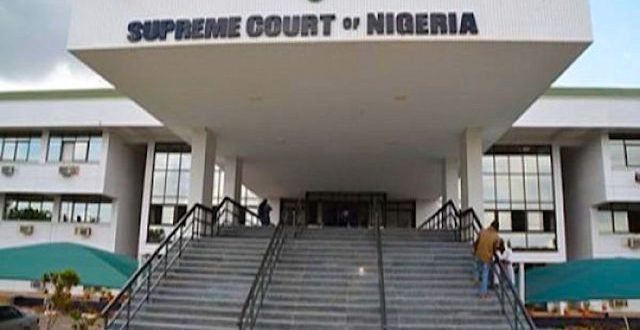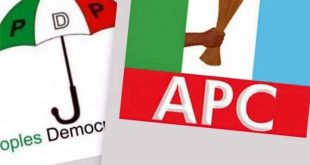The Supreme Court is set to deliver its judgment on Friday, November 15, 2024, in a crucial suit challenging the legality of three key anti-corruption agencies established by the Federal Government.
The case, which involves the Economic and Financial Crimes Commission (EFCC), the Independent Corrupt Practices and other related offences Commission (ICPC), and the Nigerian Financial Intelligence Unit (NFIU), was filed by some state governments.
The suit questions whether the creation of these agencies was constitutional.
The matter, initially filed by the Attorney General of Kogi State, has attracted support from several other states. Kogi was joined by states including Kebbi, Katsina, Sokoto, Jigawa, Enugu, Oyo, Benue, Plateau, Cross River, Ondo, Niger, Edo, Bauchi, Imo, Osun, Nasarawa, Ogun, and Taraba.
However, a number of states, including Anambra, Adamawa, and Ebonyi, withdrew their participation after the case was heard on October 22.
The lawsuit stems from an earlier Supreme Court decision in the case of Dr. Joseph Nwobike vs. Federal Republic of Nigeria, which the plaintiffs argue highlighted irregularities in the process by which these anti-corruption bodies were established.
Kogi’s lawyer, Mohammed Abdulwahab (SAN), contended that the establishment of the EFCC and ICPC did not follow the proper legal procedures and might create a constitutional crisis.
The argument revolves around the role of international conventions in the creation of these institutions, with Abdulwahab arguing that Section 12 of the Constitution was not adhered to.
He also claimed that provisions in the Exclusive Legislative List were not followed.
In response, the Attorney General of the Federation (AGF) dismissed these claims, stating that the issues had already been resolved in previous Supreme Court cases, particularly the Attorney General of Ondo v. Attorney General of the Federation.
The AGF, represented by Alex Fagbemi, urged the Court to reject the suit and uphold the legitimacy of the EFCC, ICPC, and NFIU.
The judgment, expected to be delivered on Friday, could have significant implications for the operations of Nigeria’s anti-corruption framework and its fight against financial crimes.
 National Telescope national telescope newspaper
National Telescope national telescope newspaper



